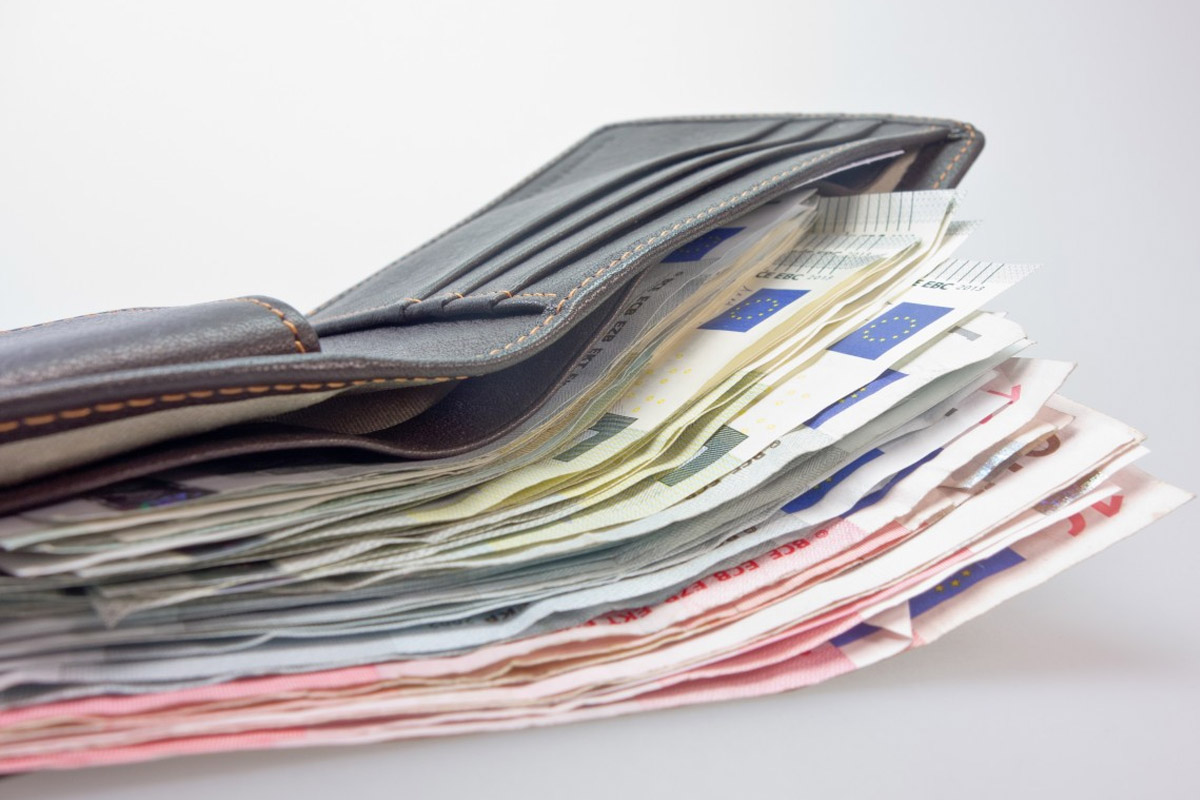What Is A Gold-Backed Cryptocurrency? Top Gold Cryptocurrencies Right Now
What Is A Gold-Backed Cryptocurrency? Top Gold Cryptocurrencies Right Now

After being dismissed as a passing fad by finance pundits across the world, the growing interest in Bitcoin and cryptocurrency points to evidence that the digital assets industry is here to stay. The adoption rate of cryptocurrency as of December 2021 rose by over 178% and that’s projected to exponentially increase by the end of 2022.
While crypto (as Bitcoin) started as a peer-to-peer payment method, the industry now has tokens that serve a myriad of purposes such as anonymity, exchange of information, automation, and security.
A cryptocurrency is a digital currency which lives on a digital ledger known as the blockchain. A blockchain is immutable which means it cannot be altered or deleted because it doesn’t rely on a central server. Cryptocurrencies were created as an alternative to the centralised system governments practice today. It was founded upon the idea that anonymity and privacy are fundamental parts of human nature.
Some new investors or speculators of cryptocurrency leave their cryptocurrencies on crypto exchanges. These can be described as a marketplace for selling and buying cryptocurrencies. True crypto purists tend to keep their cryptocurrencies in an offline crypto wallet. This is because a wallet guarantees that your funds cannot be accessed without your approval. If a user of cryptocurrencies intends to actively buy and sell cryptocurrencies, a crypto wallet is recommended for security and accessibility. Wallets can also house digital valuables such as NFTs.
Though each cryptocurrency wallet works slightly differently, they are all meant to provide safe access to whatever cryptocurrency you hold. A cryptocurrency wallet doesn’t actually contain any cryptocurrency. Instead, it stores the private key that gives access to a person’s cryptocurrency. The cryptocurrency itself is held on the blockchain.
The private key is the critical information that requires safe-keeping because of the access it grants to cryptocurrency.
It works much like any other piece of software or wallet you use for day-to-day transactions. It is just a matter of safeguarding your private key. Depending on your wallet, type, the most secure offline wallet is immune to hackers (hackers tend to target exchanges because they are online and see large amounts of crypto transacted).
Because of the nature of cryptocurrency, crypto wallets offer a way for people to make borderless transactions. With no intermediaries, like banks, there is no delay in the transactions.
The cost of moving funds is significantly lower than with traditional banks.
Crypto wallets are resistant to government overreach (the government cannot just have the firm or platform hand them your crypto).
A public key is essentially your crypto wallet’s address. This is a public data point, similar to your home address. To deposit cryptocurrency into a wallet, you simply need to enter the public key as the deposit address. The two keys are used in tandem to transfer crypto from one wallet to another. This is analogous to using your handle in a service like Venmo or CashApp.
Custodial wallets are financial services provided by a centralized organization, for example a cryptocurrency exchange. With the escalation of the war in Ukraine, several governments have prohibited custodial wallets from completing transactions for individuals in specific locations.
Because non-custodial wallets do not necessitate the delegation of trust to an institution, no institution may refuse to perform transactions.
What Is A Gold-Backed Cryptocurrency? Top Gold Cryptocurrencies Right Now
What Is Cryptocurrency Adoption?
What Happens If You Don’t Report Cryptocurrency On Taxes?
How To Trade Cryptocurrency And Make Profit